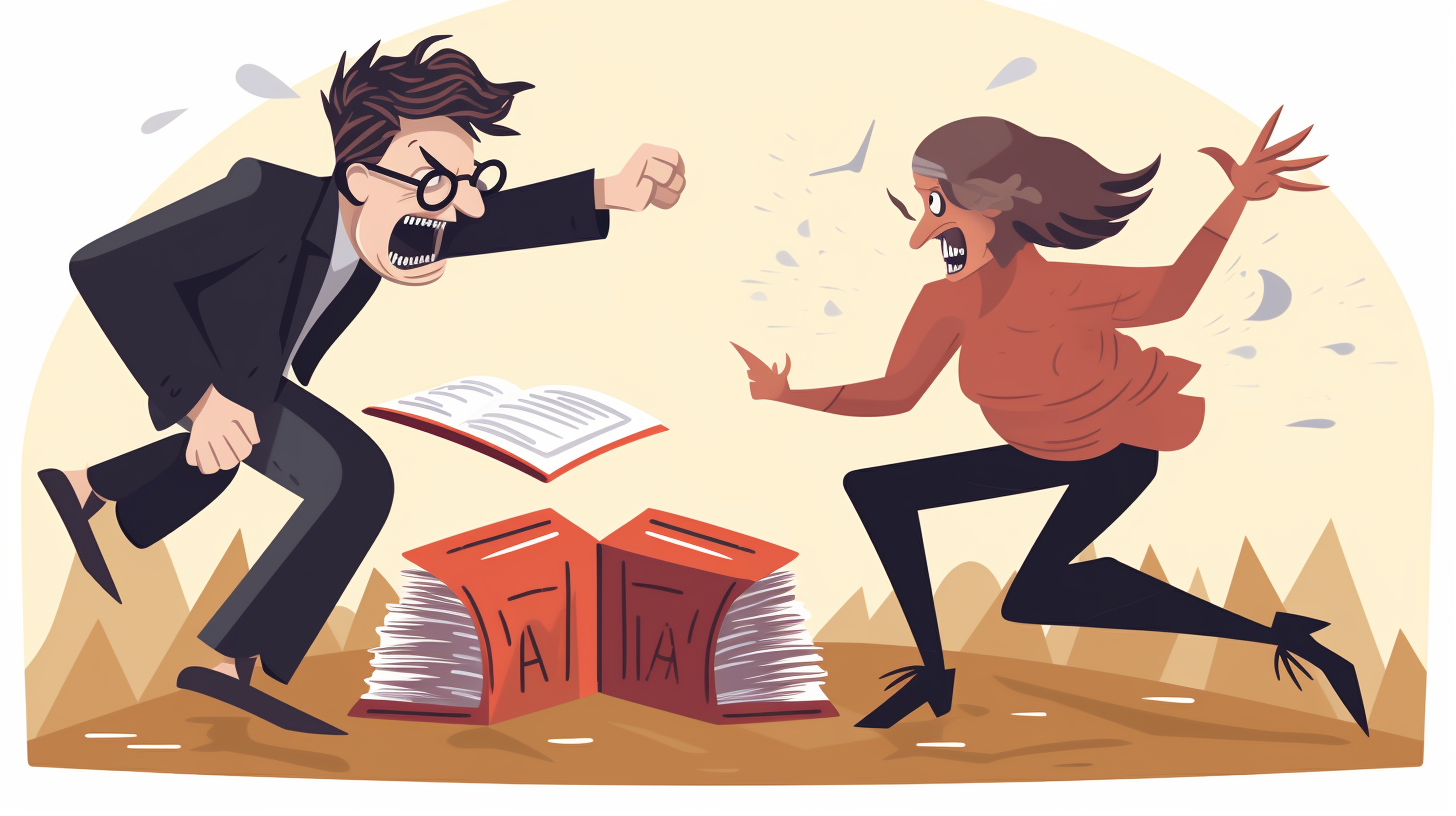The Perils and Pitfalls of Authors Attacking Book Reviewers Online
Thanks to social media it's easier than ever for authors and book reviewers to interact. While this connection often fosters a sense of community and invaluable feedback for authors, especially those in the indie scene, it can sometimes devolve into a toxic battleground. It's not uncommon to hear stories of authors attacking book reviewers online, a practice that is as unproductive as it is damaging for both parties involved.
The Role of Book Reviewers
Book reviewers play an essential role in the literary ecosystem, particularly for indie authors who may not have the backing of large publishing houses. They are the bridges that connect unknown or lesser-known books with a wider audience, offering an external lens through which potential readers can gauge whether a book is worth their time and money.
Reviewers are often avid readers who take time out of their lives to give indie authors a shot at broadening their reach. Their analyses are more than just a star rating; they provide constructive criticism, highlight a book's strengths and weaknesses, and often offer recommendations for similar titles. The hours spent reading the book, considering its nuances, and crafting a well-thought-out review are a significant investment. It's a labor of love, often unpaid, aiming to both support good literature and offer guidance to fellow readers.
The Author's Perspective
It's understandable that authors, particularly indie authors who invest a tremendous amount of time, money, and emotional energy into their work, can feel vulnerable when their book receives negative reviews. Crafting a story and sharing it with the world is an intensely personal act, and criticism can sometimes feel like a rejection of one's creative vision or even one's self.
However, it's crucial for authors to maintain perspective and a thick skin when it comes to reviews. Not every reader will connect with a book, and that's okay. Negative reviews are an opportunity for growth, providing insights that friends and family might be hesitant to share. Moreover, a variety of reviews, both positive and negative, can lend a book more credibility; a string of only five-star reviews can make potential readers skeptical.
Why Attacking Reviewers is a Lose-Lose Situation
When an author attacks a reviewer online, nobody wins. The author comes off as unprofessional, jeopardizing their reputation and potentially dissuading other reviewers from engaging with their work in the future. The reviewer, on the other hand, may feel unfairly targeted for simply sharing their opinion, which could discourage them from reviewing other indie books.
Social media platforms are amplifiers by nature. A single heated interaction can quickly spiral, capturing the attention of people who might otherwise have been neutral or even unaware of the author or reviewer. The negative spotlight can dampen book sales, alienate current fans, and taint the community’s view of the author for a long time.
Final Thoughts
The relationship between authors and reviewers should be one of mutual respect. Authors should remember that reviewers are not obligated to only write positive reviews, and reviewers should aim to be constructive and fair in their criticism. The key lies in understanding that everyone is playing their part in the grand tapestry of the literary world—authors create, reviewers critique, and readers consume. Each role is vital, and there's no room for animosity if the goal is to enrich the world with high-quality, impactful stories.
Instead of lashing out, authors would do well to embrace reviews as learning opportunities, thanking reviewers for their time even if their words sting. As the saying goes, "You can't please everyone," but you can certainly handle criticism with grace and professionalism, which will only stand you in good stead in your writing career.


